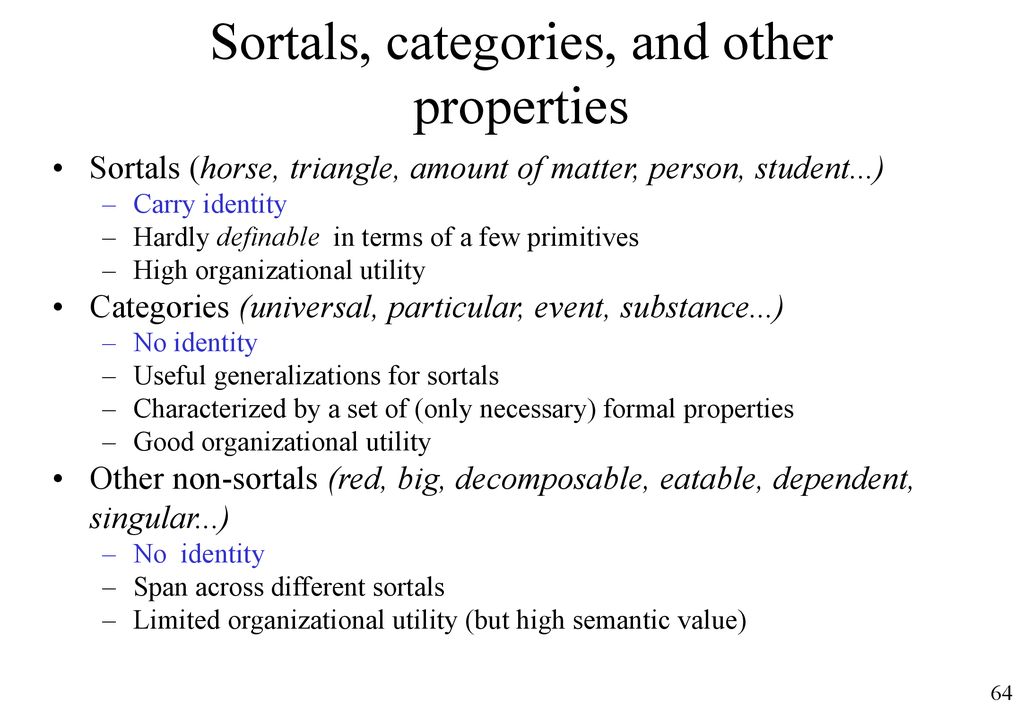The writer and philosopher Albert Camus was known for his existentialist essays, novels, and love of football. Every intellectually curious football fan is probably grateful for this. I know I am. In this essay, I argue that Camus’s love for football corresponds to his existentialist love for living joyfully and free.
In his unfinished autobiographical novel The First Man, Camus writes about how the protagonist overcame his shame of wearing old clothes in the classroom and “on the playground, where football was his kingdom. But that kingdom was prohibited because the playground was made of cement, and soles would be worn out so quickly that his grandmother had forbidden Jacques to play football.”
Of course, Camus played – even if the punishment meted out by his grandmother’s ox whip was harsh. He was driven by a hungry love of life; as the protagonist says: “I’ve loved life, I’m hungry for it. At the same time, life seems horrible to me; it seems inaccessible. That is why I am a believer, out of skepticism. Yes, I want to believe; I want to live forever.”
Camus’s hunger for life was based primarily on his love for his mother, but also on the simpler joys of life, such as football. It is natural to ask: What is the relationship between the game of football, love for life, and philosophy? Camus himself pointed out – in an article dealing with his younger years as a goalkeeper for the club Racing Universitaire d’Alger (RUA) – that “what I know most surely in the long run about morality and obligations, I owe to football.”
To some, this may sound too romantic, even blasphemous, as it may seem that linking sports – in this case, football – and philosophy is like mixing oil and water. For example, the Argentine writer Jorge Luis Borges commented, “Football is popular because stupidity is popular.” If this statement is compared with Camus’s, it is tempting to ask whether football is both educational and stupid. My answer is no, although I agree with Borges that stupidity is widespread. Stupidity can be found everywhere, including in football, but football is also much more than a game. For example, football might be a place to learn important truths such as that freedom is a crucial element of love.

Recommended for you:
Gregory Harms: Sartre’s Existentialism
Sartre’s discourse “Existentialism is a Humanism” can be broken down into five concepts: Existence precedes essence, Freedom, Responsibility, Anguish and Bad Faith.
Finding a game worth playing
I propose considering football as a possible arena for philosophical reflection in the same way that art, literature, music, and dance are applied to illustrate philosophical arguments. I believe several aspects of football can justify …
Read the full article which is published on Daily Philosophy (external link)







